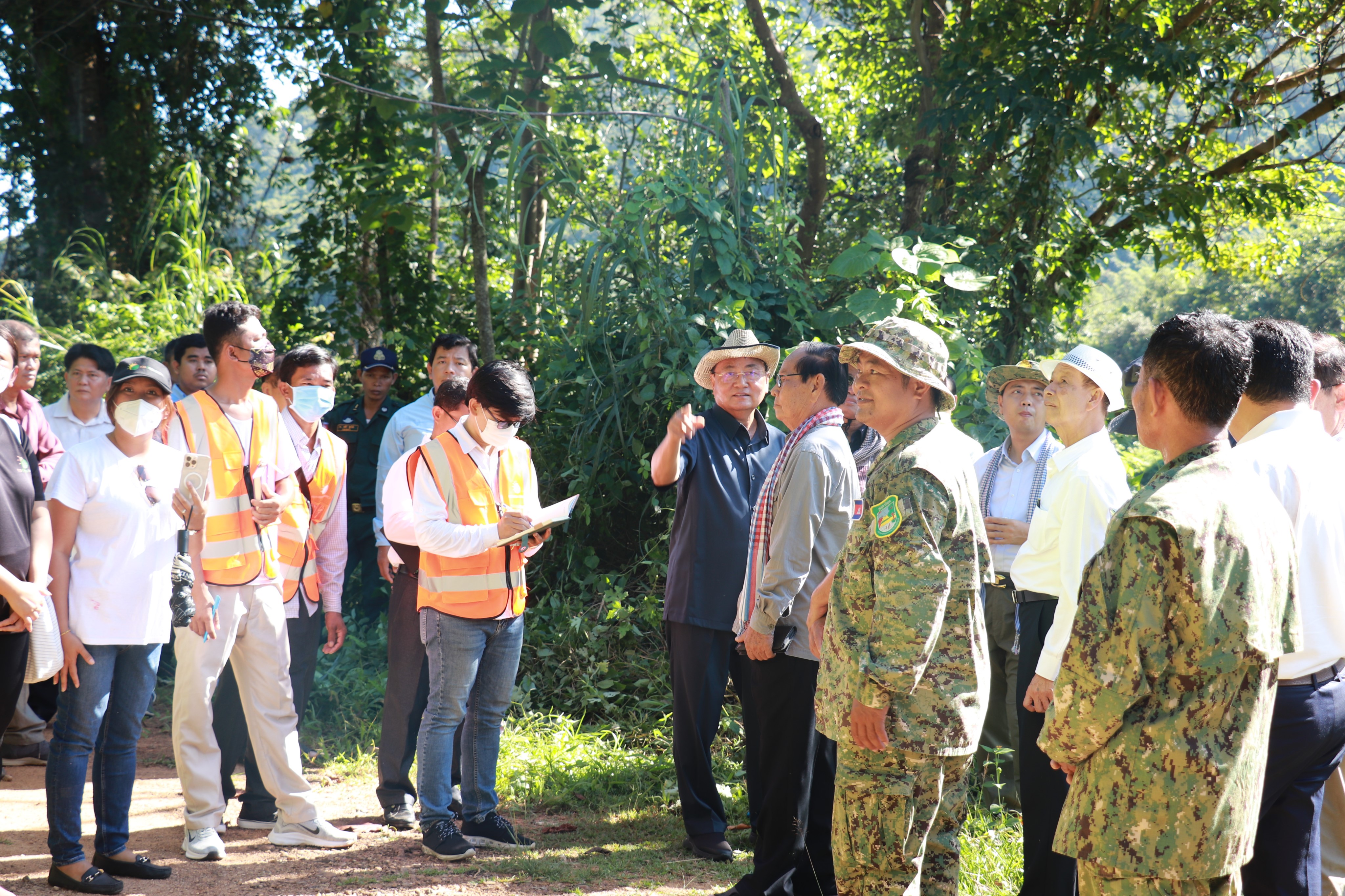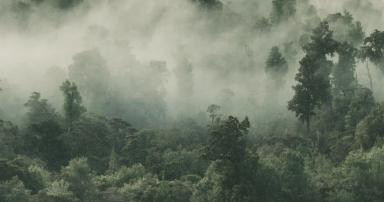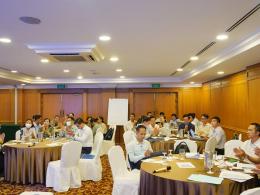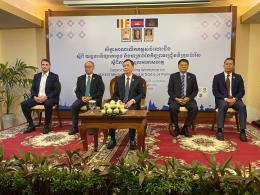The National Assembly of Cambodia paid attention to the state of climate change
Members of Parliament (MPs) play an important role in monitoring, controlling, and advising the development and approval of climate change related regulations and budget plans as well as to evaluate the effectiveness of climate change response in their respective constituencies. In this sense, the integration of the understanding of climate change into the MPs of the National Assembly of Cambodia further contributes to enhancing and expanding the support for climate change mainstreaming throughout the country.
As the first step, the Department of Climate Change (DCC) of the General Directorate of Policy and Strategy (GDSP), the Ministry of Environment (MoE) organized a Workshop on Protected Areas Management and Climate Change for the 3rd Committee of Planning, Investment, Agriculture, Rural Development, Environment and Water Resources of the National Assembly of Cambodia. The regional programme of the United Nations Development Programme (UNDP) has provided technical and financial supports to build cooperation and to seek support from MPs of the National Assembly of Cambodia on this matter.
In July, the Cambodia Climate Change Alliance - Phase 3 (CCCA3) recruited a national consultant to develop a climate change handbook for parliaments. There are three activities namely, the workplan development, the field trip to visit the climate change impacts in Koh Kong and Kep, and the last one is the workshop for finalizing the climate change handbook with NA, members of Parliament and relevant stakeholders.
In terms of the second activity, the DCC with the support of the UNDP and coordination and facilitation by the MoE/CCCA organized a field trip for the Members of Parliament (MPs) between 29 August – 2 September 2022 in Koh Kong and Kep provinces. The field trip was led by H.E Loy Sophat, head of the 3rd Commission of the NA and the field trip aimed to oversee the impacts of climate change and state of environment and economic development in the coastal areas of the country and to collect evidence-based and substantive inputs for the development of the climate change handbook to the NA.
In Koh Kong province the participants visited vulnerable areas to the impacts of climate change, including 1) Peam Krasop Protected Area which is one of the biggest mangroves protected areas in Cambodia, 2) Boeung Kachhay Nature Reserve Community, and 3) Fishing Port Company to see the impacts of climate change on fisheries and how fishing contributes to the enhancement of the livelihoods of local people and the economy of the province as a whole. The visit provided further information about the development approaches of Koh Kong province and the impacts of climate change in the area and mechanisms to address climate change through forest and natural resources management, in parallel with local livelihood improvement.
The participants visited Peam Krasop Protected Area (above) and Fishing Port Company (Below), Koh Kong province on 30th August 2022


In Kep province, the participants observed vulnerable areas to the impacts of climate change as well as economic development sites in the province. The visited places included 1) Por Heng Reservior, which is the biggest catchment in province and provides water for the entire province, located in Kep National Park, 2) agricultural land affected by salt water intrusion, 3) aquaculture stations, and 4) an area affected by extreme weather events in Kep City. The participants acknowledged the importance of the sustainable natural resources management in the protected areas, particularly the Por Heng dam that provides ecosystem services for the people in the area, was highlighted. The participants understood the potential of the areas visited for further socio-economic development and mitigation of climate change related impacts such as extreme weather events, as well as contributing to economic development of the province and the livelihoods of local people. After the collection of substantive inputs from the trip, the NA in collaboration with the MoE/ CCCA and with the support from the national consultant will further integrate the inputs to the draft handbook developed. A consultation with relevant stakeholders on the book will be organized.
The participants visited Por Heng Reservoir (above), salt water intrusion farm land (middle) and commercial fishing ponds (below) in Kep province on 1st September 2022






